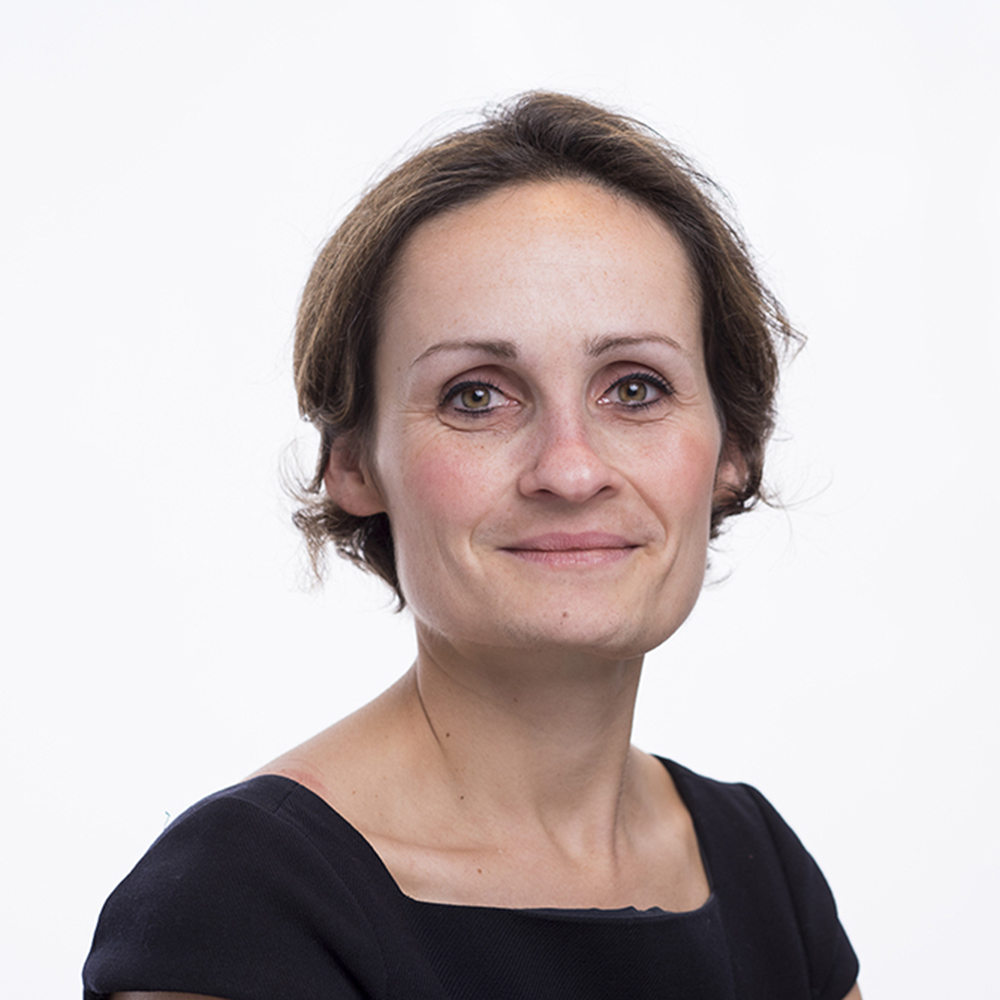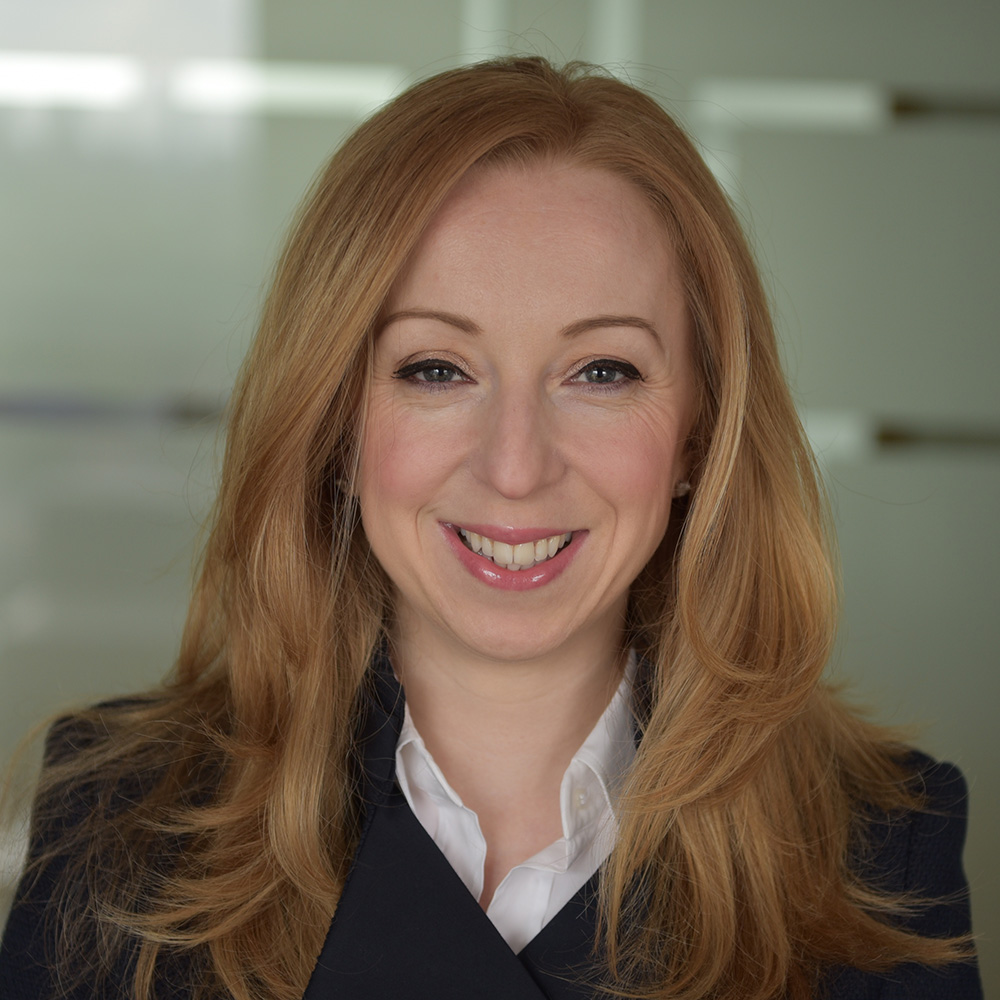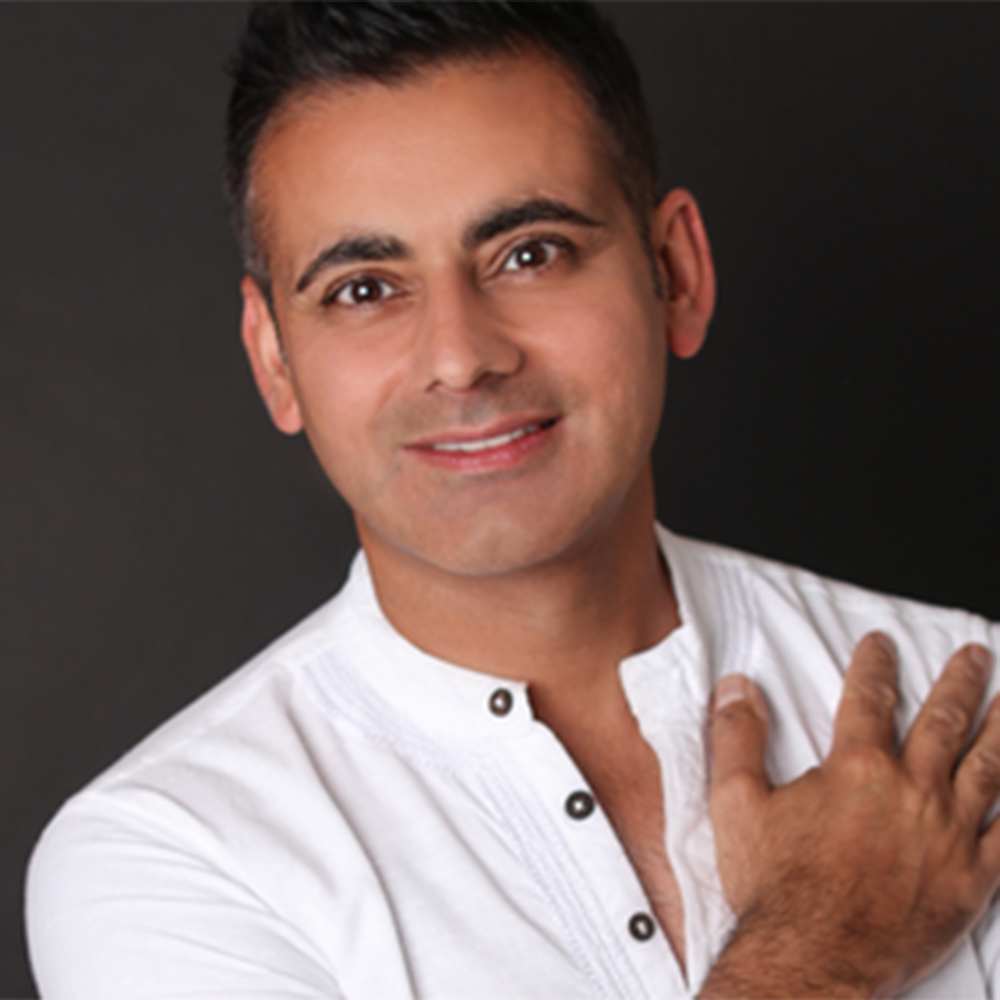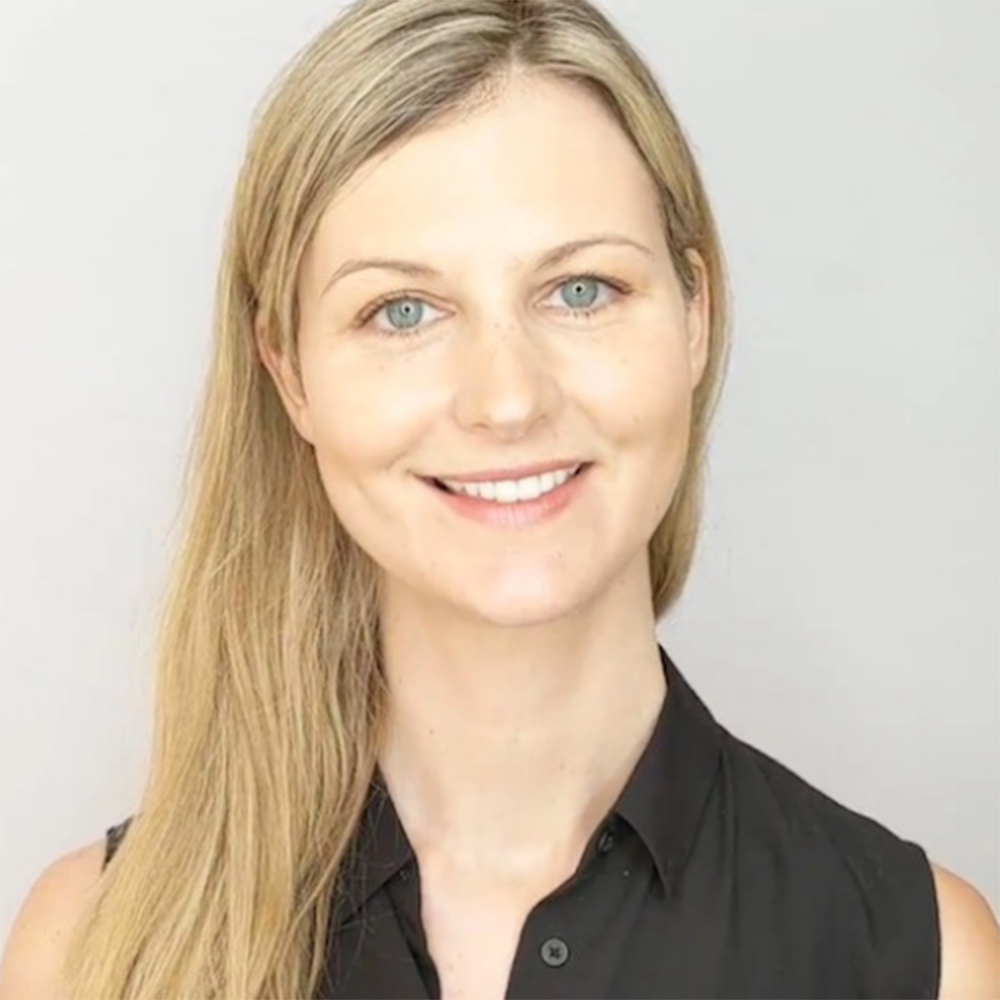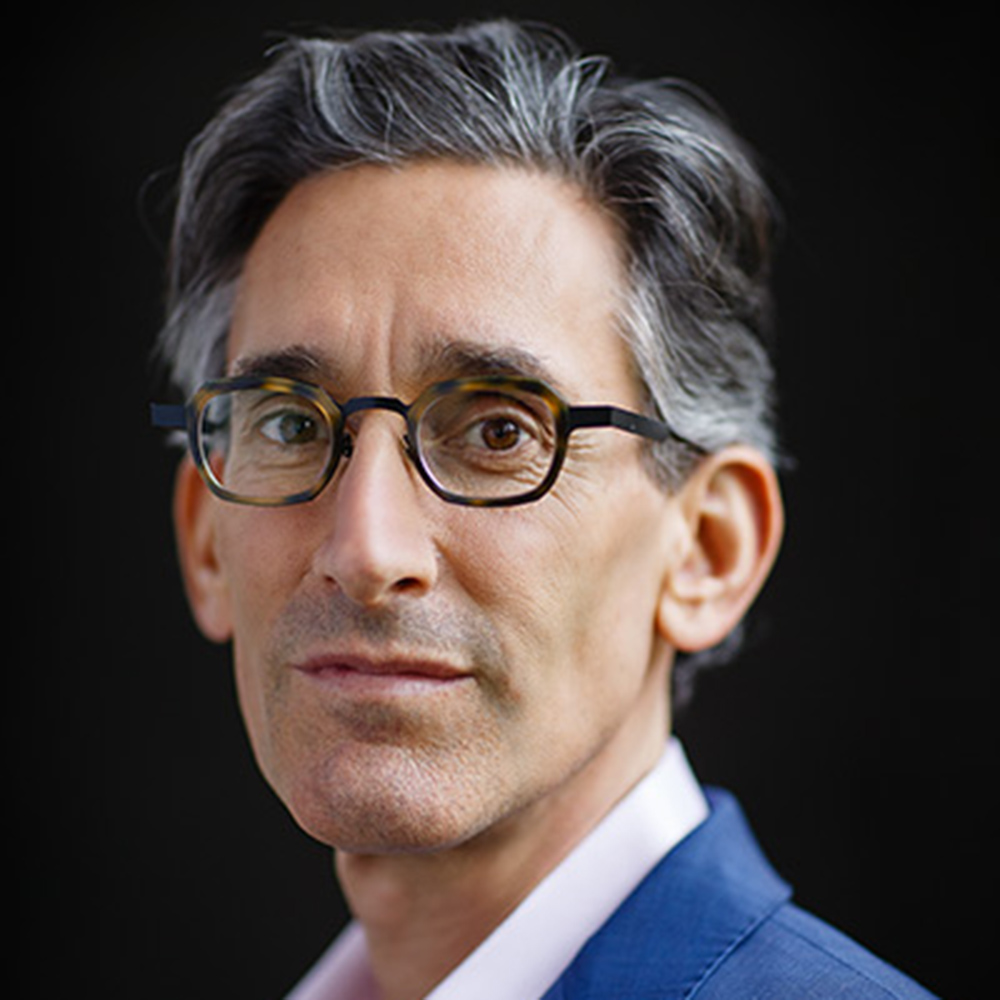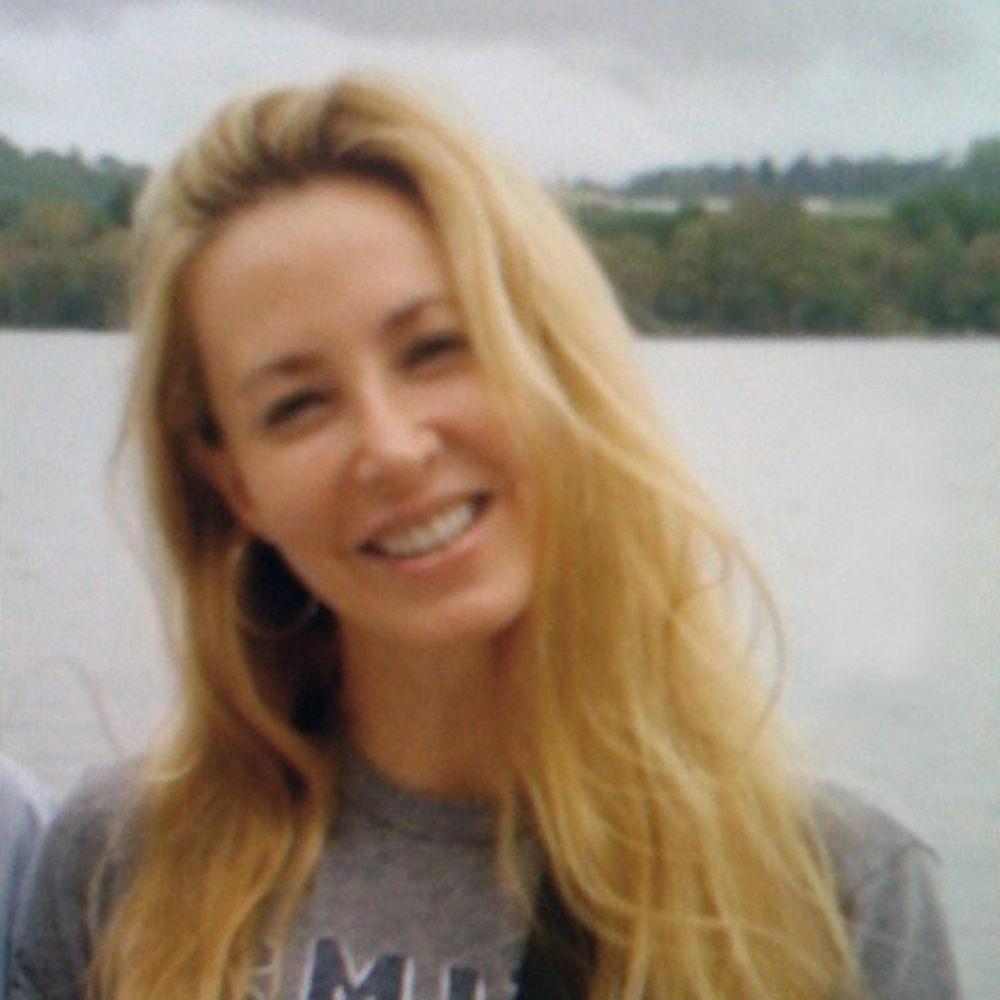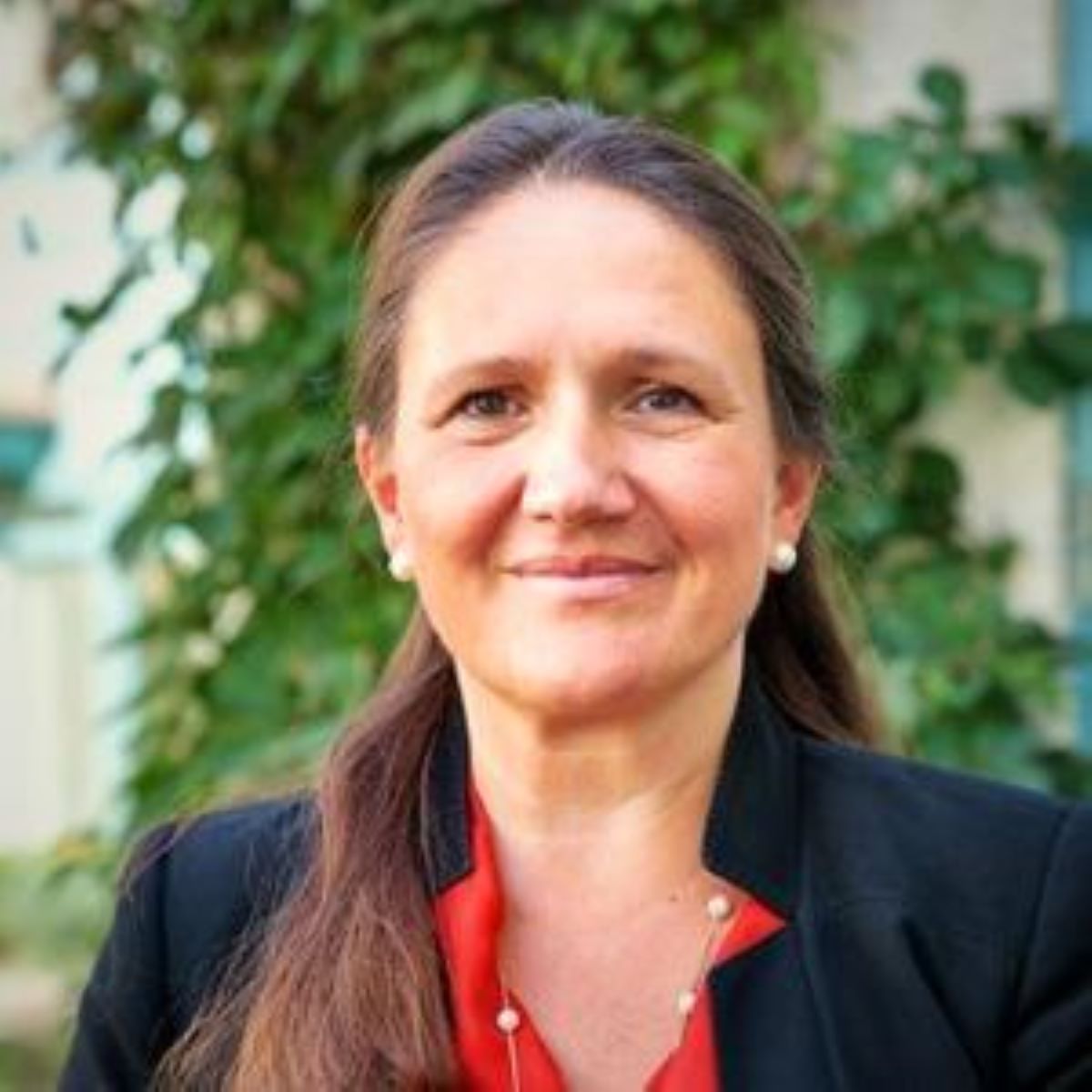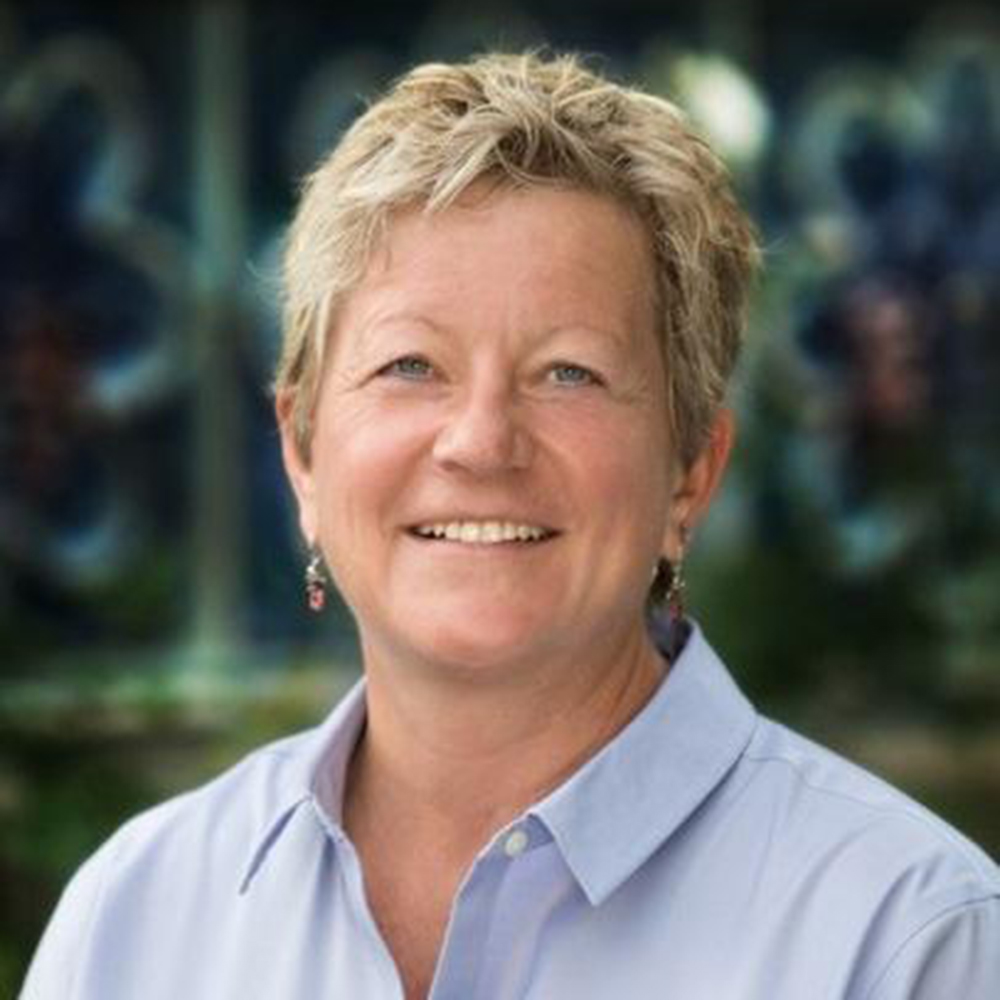Programme
Integrative Oncology – Emerging Directions and Bringing Evidence into Practice.
Please find the 2022 programme below:
Saturday 14 May 2022
9:00 – 9:10 BST (GMT+1)
Welcome from Conference Chair
Chair: Dr Penny Kechagioglou, Consultant Clinical Oncologist, Chief Clinical Information Officer and Deputy Chief Medical Officer, University Hospitals Coventry and Warwickshire and Co-Chair of BSIO, UK.
9:10 – 9:55 BST (GMT+1)
Movement during cancer therapy – what, why and how?
Chair: Prof Robert Thomas, Consultant Oncologist at Addenbrooke’s and Bedford Hospitals, a visiting Professor at Cranfield University and a Clinical Teacher at Cambridge University, UK.
Speakers:
Prof Anna Campbell, Professor in Clinical Exercise Science at Edinburgh Napier University and Director of CanRehab and chair of the charity CanRehab Trust, UK.
Jane Bulloch, Specialist Oncology Nurse, Circle Health, Personal Trainer & Level 4 Cancer and Exercise Rehabilitation Specialist, UK.
The role of exercise and physical activity in cancer prevention is well known, but what about physical activity during cancer treatment? This workshop will explore the following topics in more detail and from the perspective of cancer exercise experts:
• Staying active during cancer treatment – evidence of benefits
• How to fit exercise and movement during cancer treatment – for people with any exercise experience
• Exercise with safety – activities to prefer or avoid
• Is exercise alone enough – integrative oncology
10:10 – 10:55 BST (GMT+1)
Hot topics in nutrition – the role of fasting during cancer treatment and gut microbiome modulation for immunotherapy support
Chair: Meredy Birdi, Registered Dietitian and Nutritional Therapist, Director at The Cancer Dietitian, UK.
Speakers:
Dr Daniela Liebscher, Doctor, Charité – Universitätsmedizin Berlin, Germany.
Dr Carol Granger, Nutritionist & Microbiome Scientist, UK.
This session will discuss two areas of integrative nutrition practice that are based on a growing body of evidence.
‘Fasting’ during or around treatment can be interpreted and applied in a number of ways for people with a cancer diagnosis. We will consider typical patient groups who may benefit, and those for whom it is not suitable, and a range of practices that can be applied.
Research on the ‘human microbiome’ continues to explore the complex interactions between our population of resident and transient microbes, and a plethora of functions and aspects of health. Influencing immune function, metabolic health, inflammation and even mental health, have all been described as effects of microbiome – host interactions. Recent research identifies the intestinal microbiome as a patient factor that appears to influence response to immunotherapy, and in this session, we will explore how nutrition interventions may play a role in supporting best outcomes.
11:10 – 12:10 BST (GMT+1)
Workshops – 3 parallel streams
11:10 – 12:10 BST (GMT+1)
Track 1
Reducing anxiety and building resilience using integrative approaches
Chair:
Dr Caroline Hoffman, Integrative Oncology Specialist and Researcher, Mindfulness-Based Approaches Teacher and Retreat Leader, UK.
Speakers:
Dr Jacqui Stringer, Clinical & Research Lead for the Complementary Health & Wellbeing Services, The Christie NHS Trust, UK.
A cancer diagnosis, its treatment and living with cancer mean facing uncertainty, anxiety and other challenging emotions. This workshop will look at the evidence and practical applications of different integrative approaches ranging from touch therapies, psychological and mindfulness-based interventions and how these can help reduce anxiety and build inner resilience.
11:10 – 12:10 BST (GMT+1)
Track 2
Case studies in precision integrative oncology
Chair:
Dr Penny Kechagioglou, Consultant Clinical Oncologist, Chief Clinical Information Officer and Deputy Chief Medical Officer, University Hospitals Coventry and Warwickshire and Co-Chair of BSIO, UK.
Speakers:
Dr Jonathan Krell, Senior Clinical Lecturer in Medical Oncology, Imperial College Healthcare NHS, UK.
Dr Nina Fuller-Shavel, Integrative Medicine Doctor, Scientist and Educator, Director of Synthesis Clinic, Fellow of the College of Medicine and Co-Chair of BSIO, UK.
Precision oncology is defined as utilising molecular tumour profiling to identify diagnostic, prognostic, and therapeutic implications for the personalisation of the treatment approach to the individual. Precision integrative oncology seeks to support this by using personalised and targeted integrative medicine interventions aimed at optimising clinical response and reducing side effects, as well as supporting overall patient wellbeing. This workshop will discuss practical applications of precision and integrative oncology through case studies.
11:10 – 12:10 BST (GMT+1)
Track 3
Supplements during chemotherapy and radiotherapy – key safety aspects and personalised care
Chair:
Dr Heidi Kussman, Naturopathic Doctor, USA
Speakers:
Emma Foreman, Consultant Pharmacist, Royal Marsden Hospital and Chair of The British Oncology Pharmacy Association (BOPA), UK.
Bobby Sira, Clinical Pharmacist and Ayurveda, Yoga Therapy and Life & Wellness Consultant, UK.
Nutritional supplements are commonly used by patients with cancer undergoing chemotherapy and radiotherapy and the choice or timing of supplements is often patient-driven. Precision nutritional interventions can have a positive impact in radiation and chemotherapy response, as well as combatting side effects from treatment, as long as they are targeted to the individual needs. The safe use of supplements needs to be considered which is where the oncology multi-disciplinary team plays a key role. This workshop will cover aspects of nutritional supplementation during cancer treatment, their role and the clinician experience and expertise on how supplements can be used safely and effectively.
12:15 - 12:45 BST (GMT+1)
Workshop summary from session chairs and Q&A
12:45 - 13:45 BST (GMT+1)
Lunch
13:45 – 14:30 BST (GMT+1)
Mistletoe – mechanisms, evidence and clinical practice
Chair: Dr Nina Fuller-Shavel, Integrative Medicine Doctor, Scientist and Educator, Director of Synthesis Clinic, Fellow of the College of Medicine and Co-Chair of BSIO, UK.
Speakers:
Dr Nasha Winters, A naturopath, Global Healthcare Authority in Integrative Cancer Research, Internationally sought after speaker and Co-author of the newly published ‘Mistletoe and The Emerging Future of Integrative Oncology’ and ‘The Metabolic Approach to Cancer’, USA.
Dr Stefan Geider, MD & Mistletoe Therapy Expert, UK
This session will provide a brief historical overview of the last 100 years of mistletoe in oncology practice, discuss the state of current research and highlight what is on the horizon. An understanding of matching the proper host tree with the condition of the patient and an overview of the methods of administration will be covered along with case studies that will offer insight into how this medicine is used.
14:45 – 15:30 BST (GMT+1)
Medical cannabis in oncology: clinical pearls, research updates and how to navigate with your patients
Chair: Dr Dani Gordon, Medical & Integrative Doctor, Clinical Cannabinoid Medicine Expert and Author of the ‘CBD Bible’, UK.
Speakers:
Prof Alia Norman, Radiation Oncologist, Cannabinoid Medical Clinic, Canada.
Prof Lynda Balneaves, Associate Professor, Rady Faculty of Health Sciences, University of Manitoba, Canada.
Medical cannabis is an emerging area of medicine spanning many specialities including oncology and supportive cancer care. Although not currently used as a cancer treatment, medical cannabis can be used in a supportive context in certain cases to assist with both disease and treatment related side effects. However, not every patient is appropriate for medical cannabis based on factors such as their prognosis, treatment pathway, the stage of treatment, type of treatment and other non-cancer related risk factors.
This session will cover:
• when and how to refer appropriately for medical cannabis in the UK and comparisons vs international perspectives
• how to assess when cannabis is definitely not appropriate, maybe appropriate, likely appropriate in a risk/benefit continuum and how to counsel patients using a harm reduction approach
• answering questions about OTC CBD products
• general cannabis misconceptions from patients and professionals
• new directions and clinical trials
15:30 - 15:45 BST (GMT+1)
Break
15:45 – 16:15 BST (GMT+1)
Yoga and yoga therapy in cancer care – practical implementation and safety considerations
Speakers:
Dr Lorenzo Cohen, Co-author of the ‘Anticancer Living’ book & professor in clinical cancer prevention and director of the Integrative Medicine Program, University of Texas MD Anderson Cancer Center, USA.
Leigh Leibel, Mind-body Specialist, Hematology-Oncology, Columbia University Irving Medical Center, USA.
Yoga is a time-honoured mind-body practice that can mitigate adverse treatment side effects and improve cancer patient/survivor quality of life. However, yoga can cause harm if treatment-induced changes in immune, neurological, and musculoskeletal functions aren’t carefully considered by yoga therapists and teachers during each clinic or class encounter. While physical and psychological risk factors are unique to the individual (and dynamic across the care continuum), common variables include stage of disease; type of treatments; status of care; conditions related to genetics, lifestyle, and behaviour; and predisposing host factors such as age, gender, and comorbidities. All synergize to influence the incidence and severity of disease burden and adverse treatment effects. Given the complexity, it is important for yoga professionals who work with medically fragile cancer populations to understand the biology and natural history of the disease, as well as the acute, lingering, and late side effects of treatment – and how this can affect a yoga practice.
In this presentation, we’ll look at:
• evidence endorsing the benefits of yoga during cancer care
• cancer-specific safety and injury precautions
• guidelines for referring to yoga therapists and yoga teachers
Yoga professionals play a key role in integrative oncology. A yogic lifestyle can modify the risk of morbidity, mortality, recurrence, and improve clinical outcomes and quality of life. Yet there is an urgent need to apply safety and injury prevention strategies. In so doing, the art and science of yoga beautifully come into play during an individual’s cancer journey, maximizing benefit; minimizing harm.
The speakers honour the thousands of years of yogic tradition originating in South Asia and share the sacred teachings with gratitude and respect.
16:15 – 16:45 BST (GMT+1)
Panel discussion and Q&A
Chairs:
Dr Penny Kechagioglou, Consultant Clinical Oncologist, Chief Clinical Information Officer and Deputy Chief Medical Officer, University Hospitals Coventry and Warwickshire and Co-Chair of BSIO, UK.
Dr Lorenzo Cohen, Co-author of the ‘Anticancer Living’ book & professor in clinical cancer prevention and director of the Integrative Medicine Program, University of Texas MD Anderson Cancer Center, USA.
Speakers: All Speakers
17:00 – 17:45 BST (GMT+1)
Integrative Oncology – international perspectives on multidisciplinary education and driving integration in clinical practice
Chair:
Dr Elizabeth Thompson, CEO & Holistic Doctor, National Centre for Integrative Medicine (NCIM), UK.
Speaker:
Dr Lise Alschuler, Assistant Director of the Fellowship of the University of Arizona, Andrew Weil Center for Integrative Medicine, Naturopathic Oncologist and a breast cancer survivor, USA.
A recent survey conducted by the American Society of Clinical Oncology (ASCO) found that less than half of the oncologists surveyed discussed the use of complementary and integrative medicine with their patients. Many clinicians are reluctant to ask patients about their use of integrative medicine because they do not feel knowledgeable about the risks and benefits of different modalities and their practical application. As more evidence and guidelines continue to become available, it is essential that multidisciplinary teams working in oncology are equipped with the knowledge, skills and abilities to discuss integrative oncology support with their patients.
Dr Lise Alschuler, Clinical Professor of Medicine in the Division of Integrative Medicine and a highly accomplished naturopathic physician with over two decades’ clinical experience, will discuss how the Fellowship in Integrative Medicine at the University of Arizona has been supporting clinicians with Dr Elizabeth Thompson. Created by Dr Andrew Weil in 2000, the Fellowship has achieved international recognition as the leading integrative medical education programme in the world and has inspired the creation of the UK Diploma in Integrative Healthcare at NCIM (National Centre for Integrative Medicine).

